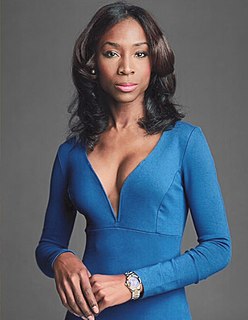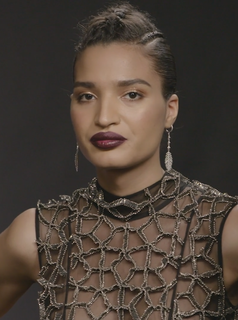A Quote by Jill Soloway
I think people don't really actually talk about what their real issue is, which is that white, cis men - not straight men, but cis men - have had their hands on the narrative ever since filmmaking has begun.
Related Quotes
If most of the reviewers are white cis men, if most of the distributors are white cis men, most of the executives in history have been white cis men. Most of the people who have been giving awards to people are people who've already been in the business - retired white cis men. They've been creating a body of narrative forever.
There are cis women who are being attacked and called men because they are wearing makeup and because they are too tall, and they might have an Adam's apple. Once cis women start to realize it's not just harmful to trans women, then we'll start to come together more and attack this together. It sucks, but we're all under the patriarchy.
I found that the best way to go about [ Black men ] is to produce better men. And I think if we get them at a younger age, and start teaching these young brothers the principles of manhood: That real men go to work everyday; Real men honor God; Real men respect and adore women - that's what real men do.
When I was nineteen, pureness was the great issue. Instead of the world being divided up into Catholics and Protestants or Republicans and Democrats or white men and black men or even men and women, I saw the world divided into people who had slept with somebody and people who hadn’t, and this seemed the only really significant difference between one person and another.
"Marginalized others" have access to other ways of knowing, and therefore to deeper, more authentic truths about human reality. They can share that knowledge by speaking about their lived experience while in a safe space. But to provide this kind of safety, members of privileged groups, i.e. white, able-bodied, cis-gendered middle class men, must keep quiet.






























